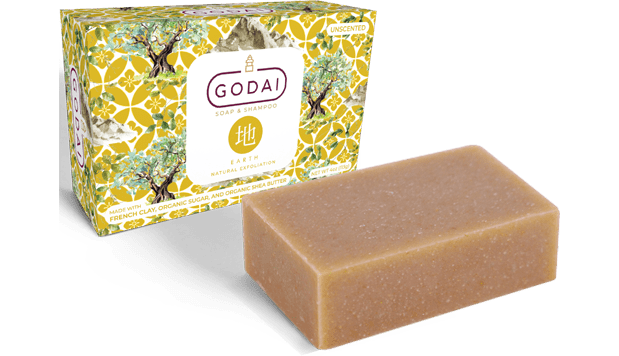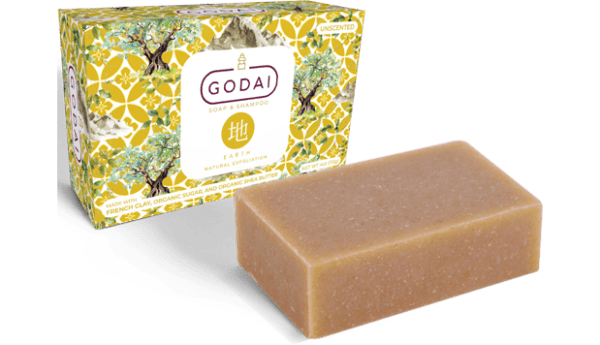Did you know that your skin tends to absorb a percentage of chemicals and other ingredients it comes into contact with? This is why some of the medications your doctor prescribes to you come in a patch form that is applied to the skin. It should also be why you need to consider what other ingredients you may be exposing your skin to.
Many artificial soaps and other commercial skin and hair care products tend to be full of harsh chemicals that can cause dryness and irritation. Organic soaps, however, tend to be free of synthetic ingredients, replacing them with natural solutions such as coconut, safflower, or other fatty oils; essential oils for fragrance; and barley root powder, madder root, clays, or other ingredients for color. Here are three reasons why you should consider switching from commercial soaps to an all natural soap made with organic ingredients.
1. Easier on Sensitive Skin
Sensitive skin is often aggravated by the synthetic ingredients in soaps. However, even those with a “normal” skin type can suffer the effects of these chemical ingredients. For example, sodium lauryl sulfate (SLS), SD Alcohol 40 (isopropyl / SD-40), artificial coloring, and synthetic fragrances and perfumes all tend to dry out skin and may cause irritation. Even petroleum jelly, which is meant to moisturize the skin, can actually lead to chapping and dry skin. In addition, people with certain conditions such as eczema see improvement when they switch from soaps and other skin care products with chemical ingredients to all natural products. However, it is always important to read the ingredients in your soaps, and make sure they do not contain anything you know you are allergic to. People with extreme skin sensitivities may do better with unscented soaps (https://www.godaisoaps.com/organic/soap-bars/4oz/earth).
2. Free of Potentially Long-Lasting Effects
Beyond an increased chance of dryness and irritation, studies have shown that certain ingredients found in synthetic soaps can be potentially harmful. Some of these ingredients include paragons, triclosan, oxybenzone, synthetic fragrances, and sodium lauryl sulfate. While the long-term effects of synthetic chemicals on the body are still largely unknown, many are possible endocrine disruptors and are linked to cancer, obesity, and neurobehavioral problems.
3. Better for the Environment
Many synthetic chemicals are also harmful to the environment and tend to end up in our water systems. Natural soaps, however, are free of these harsh ingredients and may come with certifications that can help put your mind at ease. For example, products that have the USDA organic seal are certified to meet requirements for organic growing, production, handling, storage, and processing practices, meaning they are guaranteed not to have product ingredients that were produced with toxic pesticides, genetically modified organisms (GMOs), sewage sludge, or irradiation. Products that are cruelty-free have ingredient formulas, processes, and final products that have not been tested on animals.
Also for additional info you can check some good data i.e organic food statistic on healthcareers.co.



















